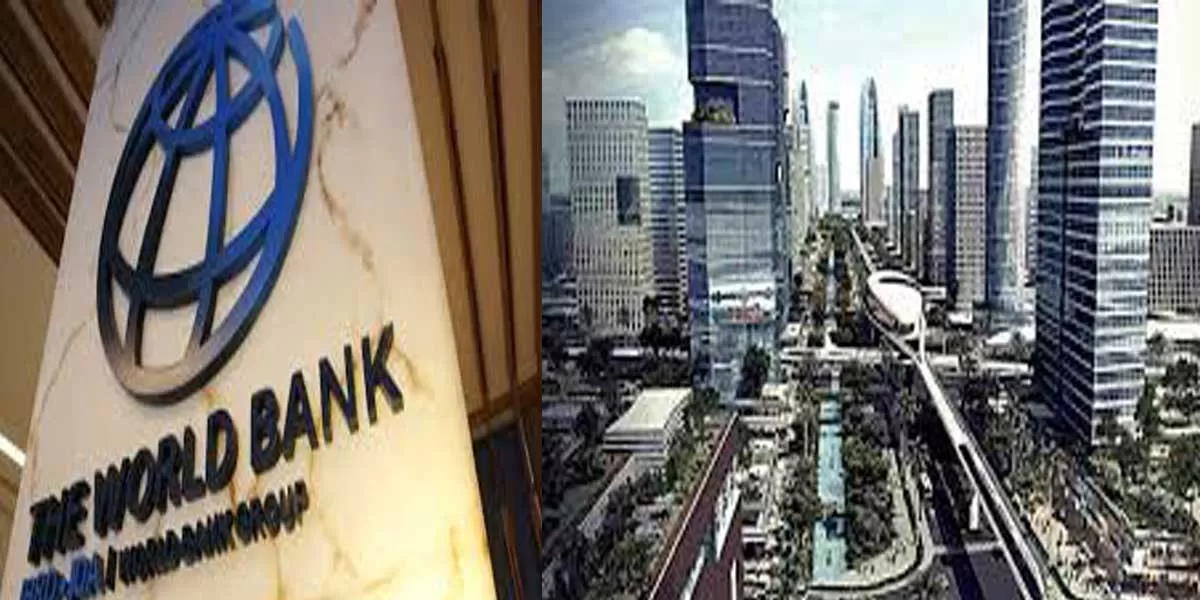

Real Estate Booms in Emerging Cities
India's rapid infrastructure expansion is unlocking real estate potential in 30 emerging cities, with land prices projected to grow up to 5.2 times by 2035, according to a report by Colliers. The transformation is driven by the development of key expressways, positioning cities like Nagpur, Jaipur, and Lucknow as rising investment hubs. Nagpur tops the list of emerging cities, bolstered by the 701-km Samruddhi Mahamarg Expressway, which has significantly enhanced connectivity and growth prospects. Jaipur and Lucknow follow closely, with burgeoning micro-markets such as Ajmer Road and Raebarel..

Smart Lockers Debut on Delhi-Meerut RRTS
The National Capital Region Transport Corporation (NCRTC) has launched smart lockers at Sahibabad and Ghaziabad stations along the Regional Rapid Transit System (RRTS) corridor, providing passengers with secure storage for luggage and e-commerce parcels. The initiative will be extended across all stations on the corridor in the future. The RRTS, a high-speed rail project spanning 82 kilometers, connects Delhi, Ghaziabad, and Meerut, offering faster and more convenient commutes. Currently, trains operate on a 55-kilometer stretch, covering two stations in Delhi, eight in Ghaziabad, and one in ..

JK Tyre Secures $100M Sustainability-Linked Loan
India’s tyre industry has achieved a significant milestone as JK Tyre secured a $100 million Sustainability-Linked Loan (SLL) from the International Finance Corporation (IFC). The first deal of its kind in the sector will drive the company’s growth plans and strengthen its sustainability initiatives. Boosting Production Capacity The loan allocates $30 million to JK Tyre & Industries Ltd and $70 million to its subsidiary, Cavendish Industries Ltd (CIL). The funds will enhance production at JK Tyre’s Banmore plant in Madhya Pradesh, focusing on Passenger Car Radial (PCR) tyres, and CILâ€..














